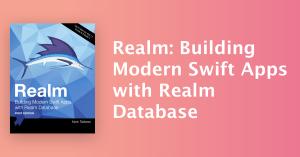Jean MacDonald, Brianna Wu, Aleen Simms At AltConf 2014, Brianna Wu electrified the audience with her talk, “Nine Ways To Stop Hurting and Start Helping Women in Tech.” A short time later, a controversy called GamerGate reared its ugly head online. Several women in the gaming industry were targeted, and many of them quit. Before long, Wu found herself targeted for harassment, including death threats, for daring to speak out. In this panel session, moderated by App Camp For Girls founder Jean MacDonald, Brianna will be joined by Aleen Simms, host of the Less Than Or Equal podcast to talk about the harassment that women have experienced over the last year and what the software development community can learn from the game development community when it comes to creating a safe space for women. Could a similar phenomenon happen in the non-gaming software community? Are there any lessons that could be learned from Gamergate that would help us avoid or minimize the damage? The session will conclude with time allotted for the audience to share questions, experiences, and suggestions.
This talk was recorded at AltConf 2015. Watch all the videos!
About the content
This content has been published here with the express permission of the author.





